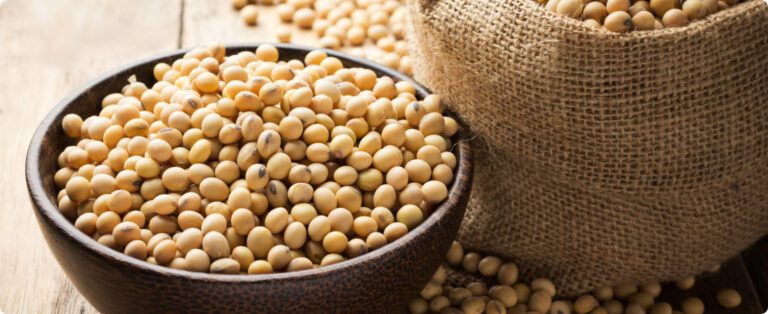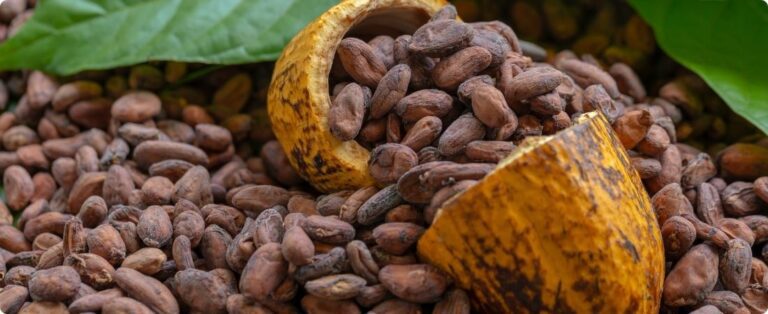
Biodiesel presents itself as a sustainable alternative to conventional diesel, derived from fossil sources such as oil, which, being a finite and limited reserve, contrasts with the renewable sources used in the production of biodiesel. The latter include palm, corn, soy and notably used cooking oil (UCO). According to Lucas Gois, specialist in renewable energy sources at Aboissa, the latter stands out for its reuse potential, contributing significantly to the reduction of environmental pollution, given that 80 to 90% of cooking oil is discarded incorrectly.
The conversion of UCO into biodiesel involves removing impurities and moisture, making it suitable for fuel production. This process not only solves the problem of inadequate oil disposal, but also promotes the circular economy, generating jobs and integrating different segments of the production chain. The recovery and treatment of UCO has opened new businesses and created jobs, indicating the importance of effective collection systems to maximize the use of this renewable resource.
In Brazil, the adoption of biodiesel has followed a gradual pace. Instituted during the government of former president Michel Temer, a government program envisaged a staggered increase in the blend of biodiesel to conventional diesel, starting with 10% (B10) and expected to reach 15% (B15) by 2024. However, the COVID-19 pandemic 19 delayed this progression, maintaining the mixture at B10 due to the prioritization of food production to the detriment of biodiesel and the decrease in vehicle use during the pandemic period.
Biodiesel advances in the USA and potential in Brazil
In the United States, the biodiesel industry has also advanced with the production of HVO (hydrotreated vegetable oil) and SAF (sustainable aviation fuel), demonstrating a global movement towards products with sustainable appeal. The preference is to use waste, such as UCO, instead of competing with resources destined for the food sector, highlighting an approach that avoids competition between food and fuel.

The post-pandemic recovery and the consequent resumption of agricultural production, especially soybeans, indicate the possibility of achieving the B15 target and potentially more ambitious objectives, such as B20. This progression is essential to reduce dependence on imported diesel and strengthen the local economy, supporting small farmers and creating employment opportunities in rural areas.
Biodiesel also offers substantial ecological advantages. Being less polluting than diesel of fossil origin and biodegradable, in case of leaks, it decomposes naturally, avoiding significant damage to the environment. These benefits highlight biodiesel as a vector of sustainability policies that are increasingly valued globally.
Biodiesel policy often seems forgotten given the predominance of oil in Brazil. However, the change in mentality regarding the environment, which now increasingly values sustainability, suggests that biodiesel has a crucial role in the country's energy future. The biodiesel industry, with its potential to generate sustainable fuels that do not compete with the food sector, aligns with global sustainability objectives and shows that Brazil can reinforce its energy and economic independence, strengthening its position in the global energy market renewable.
Interview with Lucas Gois | Oleochemicals Specialist
By Vanessa Ferreira















